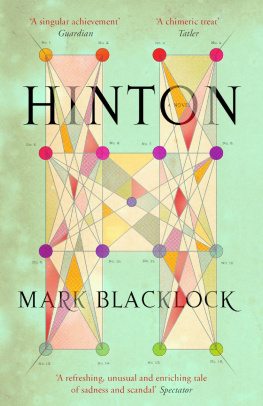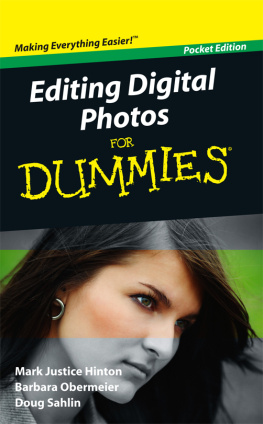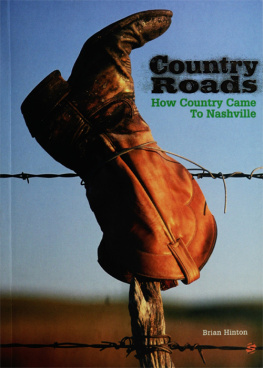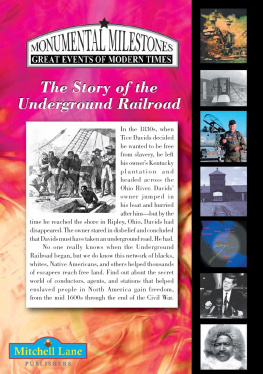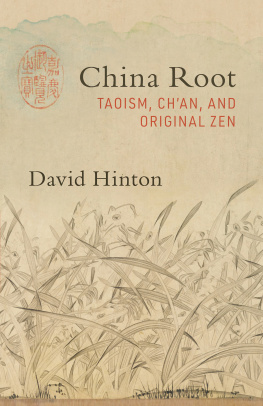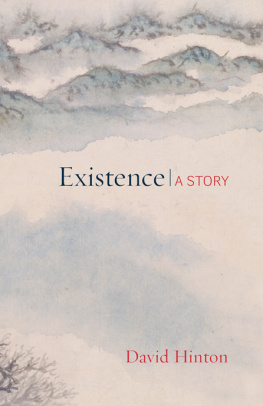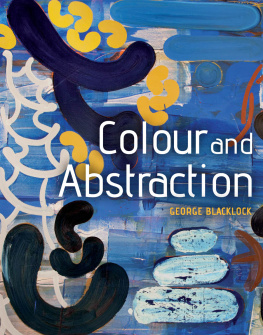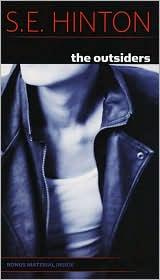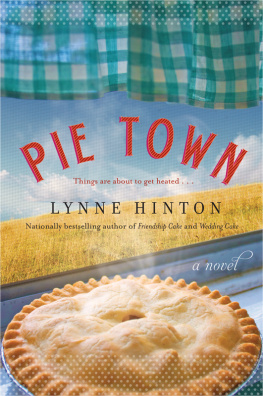Mark Blacklock - Hinton
Here you can read online Mark Blacklock - Hinton full text of the book (entire story) in english for free. Download pdf and epub, get meaning, cover and reviews about this ebook. year: 2020, publisher: Granta Books, genre: Detective and thriller. Description of the work, (preface) as well as reviews are available. Best literature library LitArk.com created for fans of good reading and offers a wide selection of genres:
Romance novel
Science fiction
Adventure
Detective
Science
History
Home and family
Prose
Art
Politics
Computer
Non-fiction
Religion
Business
Children
Humor
Choose a favorite category and find really read worthwhile books. Enjoy immersion in the world of imagination, feel the emotions of the characters or learn something new for yourself, make an fascinating discovery.
- Book:Hinton
- Author:
- Publisher:Granta Books
- Genre:
- Year:2020
- Rating:5 / 5
- Favourites:Add to favourites
- Your mark:
- 100
- 1
- 2
- 3
- 4
- 5
Hinton: summary, description and annotation
We offer to read an annotation, description, summary or preface (depends on what the author of the book "Hinton" wrote himself). If you haven't found the necessary information about the book — write in the comments, we will try to find it.
Hinton — read online for free the complete book (whole text) full work
Below is the text of the book, divided by pages. System saving the place of the last page read, allows you to conveniently read the book "Hinton" online for free, without having to search again every time where you left off. Put a bookmark, and you can go to the page where you finished reading at any time.
Font size:
Interval:
Bookmark:
In Memory of Ralph Ellis McRae Blacklock
And to Katie, Molly, Eve and Connie,
with multi-dimensional love
The life of Charles Howard Hinton
| 1853 | Charles Howard Hinton known as Howard is born to James Hinton, surgeon and philosopher, and Margaret Haddon, at Bartholomew Square, London. |
| 1855 | The Hinton family move to the countryside near Dover while James works in London. |
| 1859 | The Hinton family live together at 84 Phillip Terrace, Edmonton, Tottenham. |
| 1864 | The Hinton family take a house near Regents Park; Howards older brother William is showing some symptoms of delicacy. |
| 1865 | The family live between Barnet and Brighton. |
| 1866 | Howard starts at Rugby School in Moberly House (now named Cotton House). |
| 1871 | Howard is offered an exhibition to Balliol College at the University of Oxford. He leaves Rugby School and matriculates at Balliol as a non-collegiate student. The Hinton family live at 20 Golden Square, London. |
| 1872 | Howard spends a year abroad furthering his studies in Berlin where he attends lectures by Hermann von Helmholtz. |
| 1873 | Howard goes up to Balliol where he takes a 1st in his Mathematics Mods; James Hinton becomes unwell. |
| 1874 | Howard takes a 1st in Mathematics. |
| 1875 | Howard takes up a post as Assistant Master at Cheltenham College; James Hinton dies in Jamaica on December 16th suffering from inflummata of the brain. |
| 1876 | Howard takes a 2nd in Natural Sciences and graduates from Oxford as Bachelor of the Arts; Howards brother William dies. |
| 1879 | Howard leaves his post at Cheltenham College; he publishes an edited collection of his fathers work, Chapters on the Art of Thinking, and Other Essays. |
| 1880 | Howard marries Mary Ellen Boole, daughter of the deceased mathematician George Boole and Mary Everest, in Marylebone on April 21st; his essay What is the Fourth Dimension? is first published in the University Magazine in Dublin; he takes up a post as science master at Uppingham College; the Hinton family have dinner with Henry Havelock Ellis in London. |
| 1881 | Howard and Mary live at 30 Stockerston Road, Uppingham. Marys sister, Alicia Boole, is staying with the family at the time of the 1881 census. |
| 1882 | George, a son to Howard and Mary, is born on July 20th. |
| 1883 | Howard marries Maud Florence at a registry office on the Strand on January 19th under the assumed name of John Weldon; his essay What is the Fourth Dimension? is re-published in the magazine of Cheltenham Ladies College. |
| 1884 | Edwin Abbotts novel Flatland is published to critical and commercial acclaim; Eric, a second son, is born to Howard and Mary on June 8th; Howard publishes his monograph, Science Notebook; What is the Fourth Dimension? is issued as a pamphlet by Swan Sonnenschein, publisher of the first English translations of Karl Marx and Sigmund Freud, as the first in a series of Scientific Romances; his affair with Maud Weldon is by now known to Havelock Ellis, Olive Schreiner and his aunt Margaret Haddon; Maud has twin boys by Howard. |
| 1886 | William, a third son by Mary, is born in January; Howard takes his MA from Oxford; in October he is convicted of bigamy at the Old Bailey and sentenced to three days imprisonment; having already spent a week on remand, he is released without further punishment. |
| 1887 | Having failed to find work as a tutor to support his family, Howard travels to Japan to join a mission; Mary and his children follow; Sebastian is born; Howard is appointed headmaster of the newly founded Victoria Public School in Yokohama. |
| 1888 | Howards A New Era of Thought is published by Swan Sonnenschein in his absence, edited by his sister-in-law Alicia Boole and his Balliol friend Herman John Falk. |
| 189193 | Howard gives up his post at the Victoria Public School; the family travel in Japan. |
| 1893 | The Hinton family ship to the USA on SS Tacoma for Howard to take up a post as mathematics instructor at the College of New Jersey. |
| 1896 | Scientific Romances II is published by Swan Sonnenschein; Howard demonstrates his baseball cannon for the first time in the gymnasium at what is now Princeton College. |
| 1897 | Howard continues to demonstrate his baseball gun and it is widely reported across the USA; he leaves Princeton to take a post at the University of Minnesota. |
| 1900 | Howard leaves the University of Minnesota. |
| 1901 | Mary Boole Hinton publishes Other Notes, a collection of verse; Howard takes up a post as a computer working for the Nautical Almanac, part of the US Naval Observatory. |
| 1902 | Howard takes up a post at the US Patent Office as a patent examiner. |
| 1904 | A collection of Howards essays, The Fourth Dimension, is published by Swan Sonnenschein. |
| 1905 | Howard makes a speech at the University of Minnesota Alumni Association dinner. |
| 1907 | An Episode of Flatland is published by Swan Sonnenschein; Howard dies on April 30th at the dinner of the Washington Philosophical Society. |
| 1908 | Mary takes her own life on May 28th. |
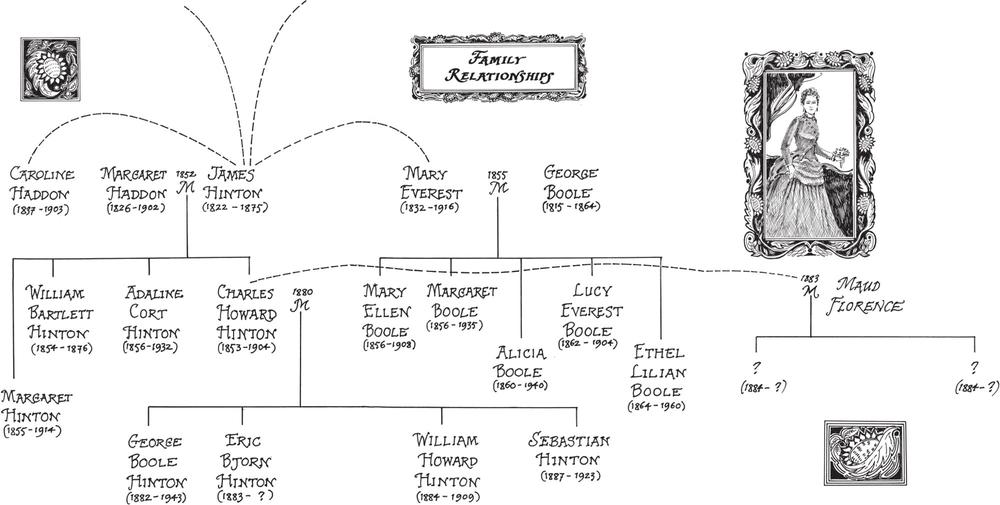

Others seek and achieve notoriety; Hinton has achieved almost total obscurity. He is no less mysterious than his work.
Hintons A New Era of Thought (1888) includes a note from the editors which says: The manuscript that is the basis for this book was sent to us by its author, shortly before his departure from England for an unknown and remote destination. He gave us complete liberty to amplify or modify the text, but we have used that privilege sparingly. This suggests a probable suicide or, more likely, that our fugitive friend had escaped to the fourth dimension which he had glimpsed, as he himself told us, thanks to a steadfast discipline.
Why not suppose Hintons book to be perhaps an artifice to evade an unfortunate fate? Why not suppose the same of all creators?
Jorge Luis Borges, Prologue to Scientific Romances (1979)

Never was a man so deep in thought. So limitless a field lay before him, so indistinct from the terra incognita beyond. He needed orientation. He needed to return to first principles. He needed simply to mark a point in the sand: let this be point a. By marking such points, so might a man draw fresh lines. By marking such points, so might a man construct foundations, axioms upon which to act anew. Let the commencement of this journey be point a.
Hinton stood so thinking upon the harbours edge. Viewed from quayside, he cut a keen silhouette against the sheet-white sky, tailored Tweedside blocked against Yokohama cloud. A native artist would have drawn the rain that was falling as rods on the diagonal, with variations in angle; would have rendered the Western mans face as elongated, his nose as two sides of an obtuse triangle, his brows straight over narrowed eyes, paralleled by the brush moustache atop his upper lip. His hair would have been closely attended to, its swept wave and natural curl a particular interest for the artist accustomed to jet hair.
Font size:
Interval:
Bookmark:
Similar books «Hinton»
Look at similar books to Hinton. We have selected literature similar in name and meaning in the hope of providing readers with more options to find new, interesting, not yet read works.
Discussion, reviews of the book Hinton and just readers' own opinions. Leave your comments, write what you think about the work, its meaning or the main characters. Specify what exactly you liked and what you didn't like, and why you think so.

